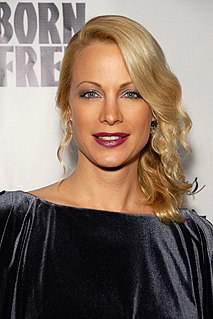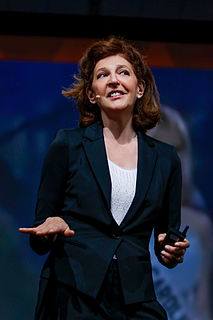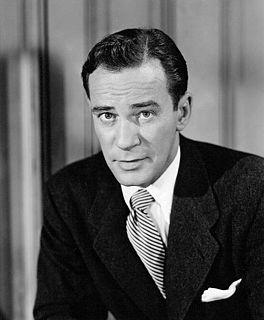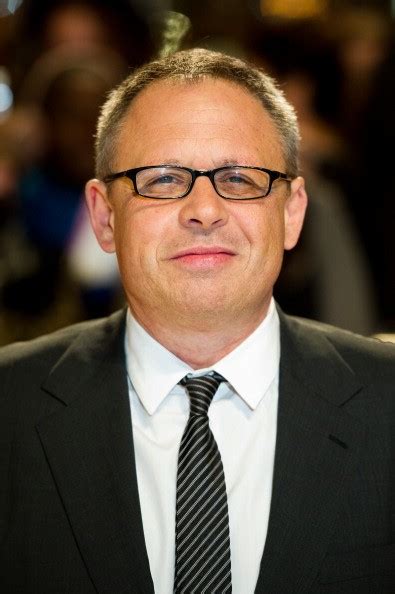A Quote by Angelina Jolie
As a director, I hoped that I was able to help the actors by giving them the space and the respect they need and the trust. I gave them what I always felt I needed when I was working.
Related Quotes
I learned a lot from Clint [Eastwood], who's an extremely economic director. I learned a lot from Michael Winterbottom, who really gave a lot of trust in the actors and allowed them to live in the space instead of trying to manipulate and make it too set and too staged. Working with [Robert] De Niro taught me a lot of being an actors' director and what that is. I've learned a lot from pretty much everybody. Hopefully I've picked up something from everybody I've worked with.
Your actors need to trust you as a director, but normally, I think you just need to have an open communication between the actors and the director. I think the director needs to really paint his or her vision to the cast and let them know the kind of mood that he or she is making. I think that's very important.
I've had friends who have come away who've said, "I shouldn't have become such close friends with the director." You always want to get on with the director, but I personally prefer a relationship where you respect them - you get on really well with them, but they're boss, as it were. It's about trusting your director, for better or for worse. They're the one's seeing what's coming out on the monitors, so you have to try and trust what they say.
I think that what's important as a director is to give your actors the feeling that they're protected, the feeling of confidence, the feeling that if they make mistakes, then as a director, you'll know how to help them. If you're able to convey that, then the actors will give you wonderful performances. As well as the author, you have to write scenes that give the actors the opportunity to show what they're capable of.
I don't ever like to feel myself in the position to demand of an actor that they trust I'm going to do something worthwhile. I feel a responsibility to articulate what it is I'm going to do. Whether that's showing them a full script or sitting down with them and describing my ideas in detail. It's a very healthy burden on me as a film director to be able to articulate what I want to do, to inspire actors, rather than just saying, take it on trust I'll be able to do something worthwhile.
Actors, I think, are all the same. Both Korean actors and American actors are all very sensitive people, and they are all curious to know what the director thinks of them and how they are evaluated, and they try to satisfy the director. And they like it if you listen carefully to their opinions and accept them.
The fact is, these are actors playing parts, and maybe it's not such a bad thing that people be reminded of that. Both of these actors gave heart and soul to the Twilight movies, not only during shooting, but also by navigating so graciously the whole life-in-a-fishbowl aspect of the phenomenon. Above all they have always shown great respect for the fans who made these movies such a success. Now it's time that some of that respect be returned to them.



































